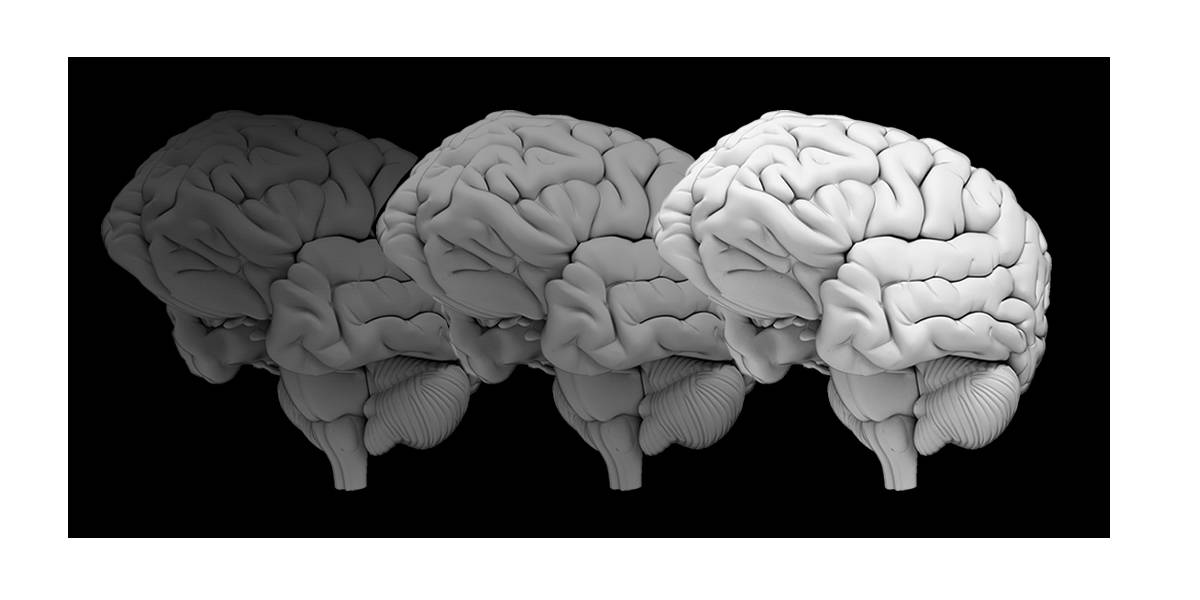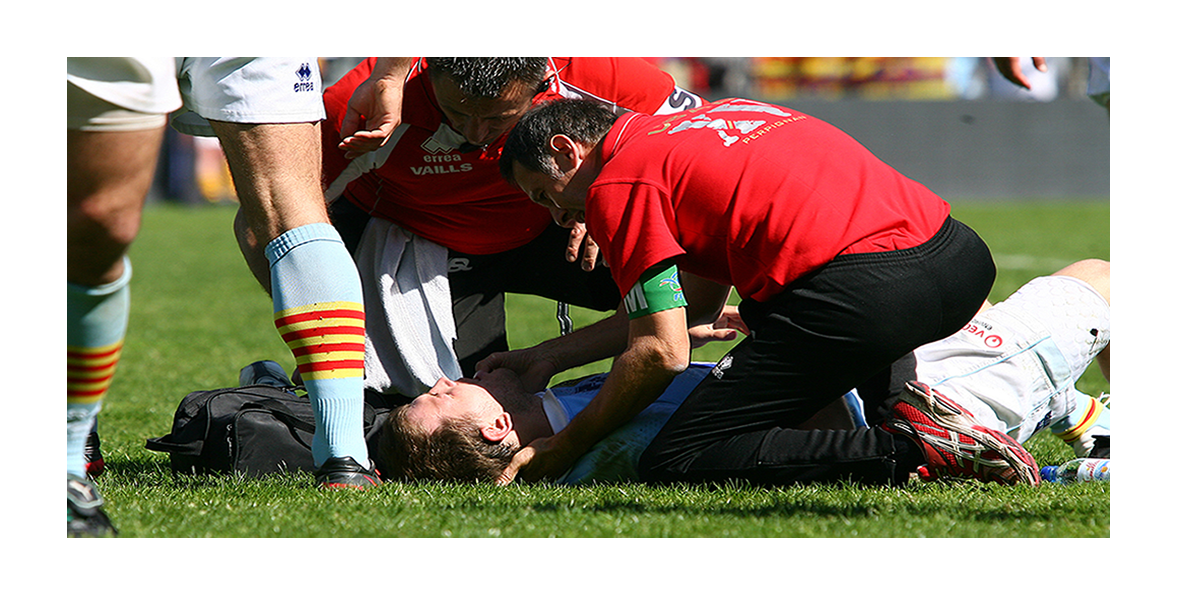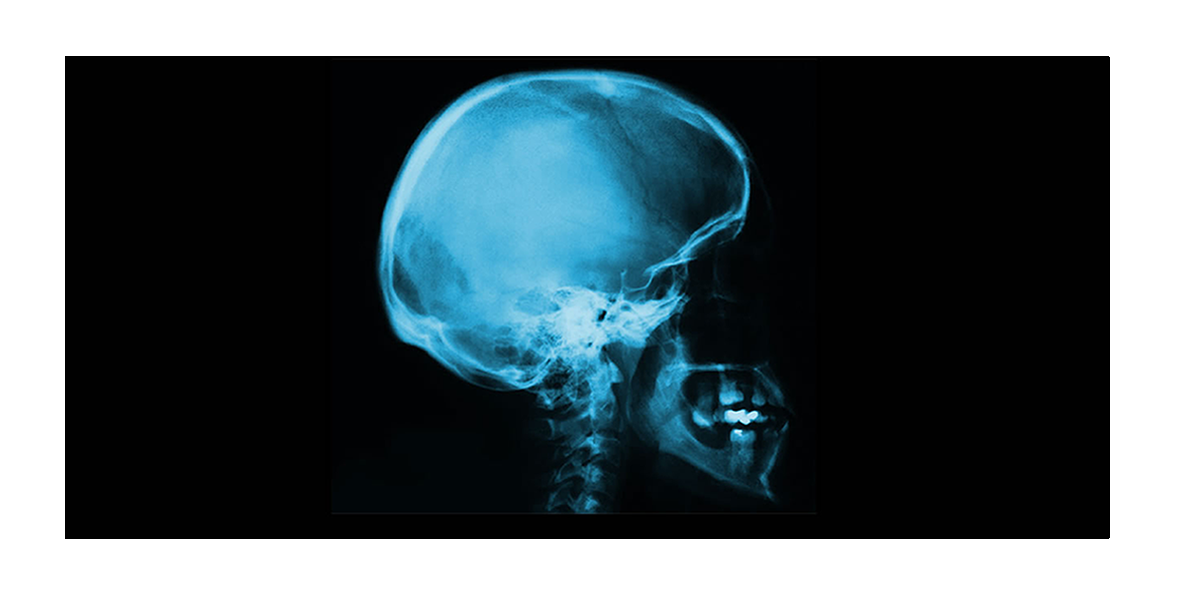Antidepressants the Facts |
|
Comprehensive list of articles about anti depressants, their side effects and warnings...more... |
SSRI & SSNRI Antidepressants side-effects, neurological damage |
|
Take notice that also non SSRI antidepressants (and even Ritalin) may interact (primary or secondary) with the serotonergic (or serotoninergic) system in the brain. |
FDA orders antidepressant warning |
| By Carol Marbin Miller Miami Herald DRUG SAFETY Sat, Oct. 16, 2004 Antidepressants used to treat youths must carry a warning label about suicide risks, a U.S. agency has mandated. The federal government ordered drugmakers Friday to include a strong warning on the labels of all antidepressants linking the drugs to an increased risk of suicide or suicidal thoughts among youths. The U.S. Food and Drug Administration's action comes amid swirling controversy over the effectiveness and safety of more than two dozen medications prescribed by doctors to treat clinical depression. Advocates say such drugs save the lives of children by alleviating a dangerous mental illness. Critics say they have not been proven effective in treating depression among children, and now are linked to an increased risk of suicidal thinking...more.. |
Paid doctors just drug spruikers, says insider
|
| Source: The Age, Reporter: Nick Miller Date: June 21, 2008 PHARMACEUTICAL companies consider the doctors in their pay to be little more than salespeople spruiking their products, a drug industry whistleblower has admitted in a prestigious medical journal.
In response, the British Medical Journal has called for medical leaders to stop accepting personal payments for promoting a company's drug or device. |






